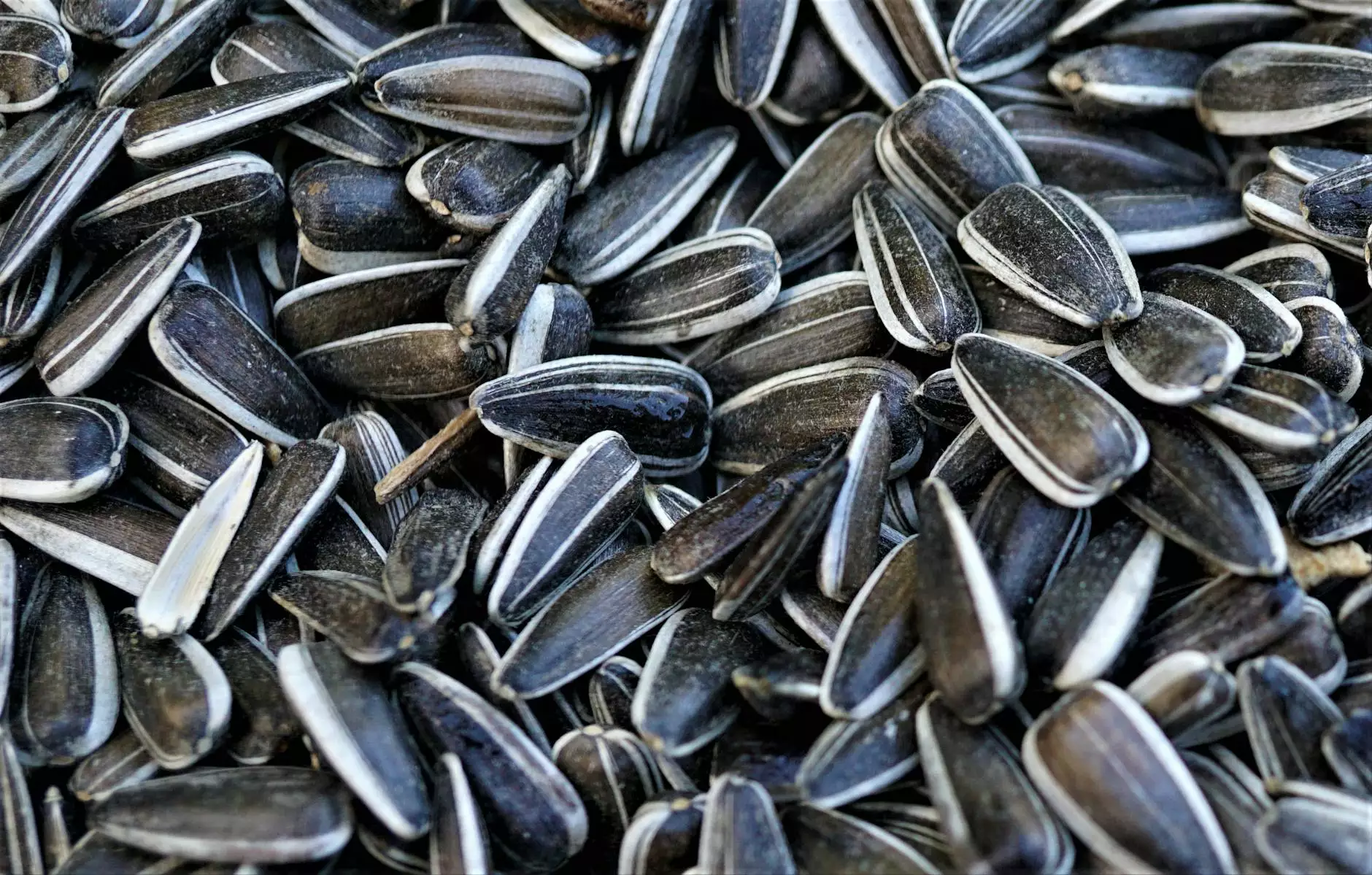Everything You Need to Know About Hydraulic Ball Valves

Hydraulic ball valves are essential components in various industrial applications, offering effective flow control of liquids and gases. Understanding the functionality, benefits, and ideal usage scenarios for these valves can significantly optimize your fluid management systems.
What is a Hydraulic Ball Valve?
A hydraulic ball valve is a type of quarter-turn valve that uses a hollow, perforated, and pivoting ball to control the flow of fluids. When the valve is open, the ball's hole is aligned with the pipeline, allowing fluid to pass through. When closed, the ball rotates 90 degrees to block the flow.
Key Features of Hydraulic Ball Valves
Hydraulic ball valves are preferred in many applications due to their multiple features:
- Durability: Made from high-quality materials like stainless steel or brass, these valves provide long lifespan and corrosion resistance.
- Low Flow Resistance: The ball design enables minimal pressure drop, making them efficient for high-flow applications.
- Leakage Prevention: Properly manufactured hydraulic ball valves offer an excellent sealing mechanism that prevents leaks in pressurized systems.
- Versatility: Usable in various environments, hydraulic ball valves are found in water distribution, oil and gas, and chemical processing.
- Easy Operation: With a simple quarter-turn mechanism, hydraulic ball valves allow for quick and easy operation.
Benefits of Using Hydraulic Ball Valves
Employing hydraulic ball valves in your system comes with several advantages:
- Efficiency: The quick opening and closing capabilities lead to reduced downtime in operations and smoother workflows.
- Safety: Their secure sealing capability enhances the safety of your operators and equipment by minimizing the risk of leaks.
- Cost-Effective: Despite a higher initial investment, their durability and reliability can lead to long-term savings due to decreased maintenance costs.
- Temperature and Pressure Tolerance: Hydraulic ball valves can handle various temperature ranges and pressures, making them suitable for demanding environments.
Common Applications of Hydraulic Ball Valves
The versatility of hydraulic ball valves allows for widespread applications across various industries:
- Water Treatment Facilities: Used for controlling the flow of potable water.
- Pneumatic and Hydraulic Systems: Vital in applications requiring precise flow control of compressible or incompressible fluids.
- Oil and Gas Pipelines: Implemented in lines for both upstream and downstream operations.
- Chemical Processing: Ensures safe transportation of aggressive chemicals.
- Food and Beverage Industry: Provides sanitary operation in food processing lines.
How to Choose the Right Hydraulic Ball Valve
Selecting the appropriate hydraulic ball valve involves consideration of several factors:
- Material: Common materials include brass, stainless steel, and plastic. Choose based on the fluid's chemical compatibility and the working environment.
- Size: Ensure the valve matches the piping system in terms of diameter and type.
- Pressure Rating: Select a valve that can withstand the maximum operating pressure of your application.
- Actuation Type: Decide between manual or automated actuators based on operational requirements.
- End Connections: Choose the right type of connection, like threaded, flanged, or welded, based on installation needs.
Maintenance Tips for Hydraulic Ball Valves
Regular maintenance of hydraulic ball valves is crucial for optimal performance. Here are some tips:
- Regular Inspections: Check for signs of wear, leaks, or damage.
- Lubrication: Periodically lubricate the valve stem for smooth operation.
- Cleaning: Ensure the valve is free from debris that could impede function.
- Temperature Monitoring: Keep an eye on the temperature to avoid exceeding the valve’s specifications.
- Flow Testing: Perform flow testing to ensure that the valve is operating correctly.
Finding Quality Fittings for Sale
At Fitsch.cn, we provide a wide range of high-quality hydraulic ball valves and fittings for sale. Our products are designed to meet the stringent demands of various industries, ensuring reliable performance and long-lasting durability. When purchasing hydraulic ball valves, look for:
- Reputation: Choose suppliers known for high-quality valves and customer service.
- Certifications: Verify that the valves meet relevant industry standards and certifications.
- Warranty: Ensure a good warranty policy to protect your investment.
- Customer Reviews: Read customer feedback to assess product satisfaction.
Conclusion
In summary, hydraulic ball valves are critical components in the management of fluid systems across various industries. Their durability, efficiency, and ease of use make them a popular choice for engineers and operators alike. By understanding their features, benefits, and proper maintenance practices, you can ensure that your hydraulic ball valves perform optimally for years to come. For high-quality fittings for sale, visit Fitsch.cn today and enhance your operational efficiency.
Contact Us
If you have further questions or need assistance in choosing the right hydraulic ball valve, feel free to reach out. Our expert team is here to provide insights and support tailored to your specific needs.
Fitsch.cn - Your go-to source for reliable hydraulic systems and fittings.









